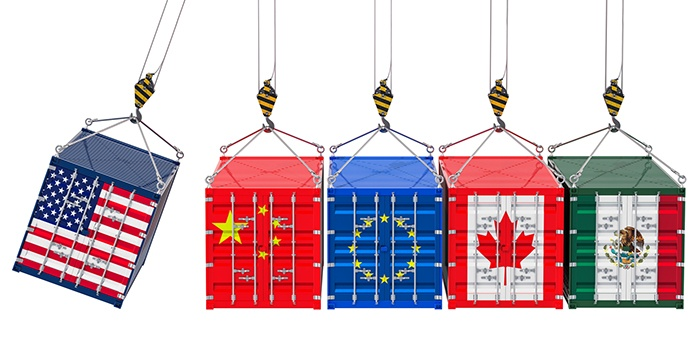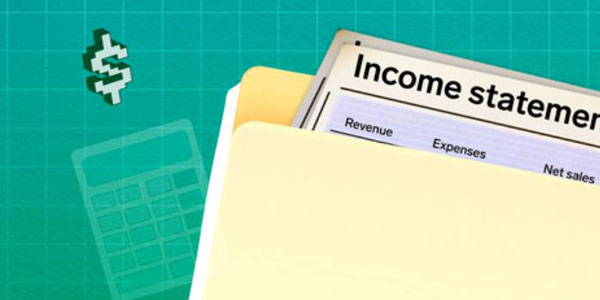Introduction
What are tariffs? Consciously or not, every human being on Earth wishes they had more. People put in a lot of effort to realize their goals, and once they've done that, they often set their sights on something else. However, there is a cost associated with everything. The process of maturation is not always simple. As a result of the prevalence of name-brand goods, independent retailers have no chance of staying open. The government imposes tariffs to shield its citizens from harm and slow down harmful goods' flow.
Tariffs in the World Economy
As global trade has developed in the modern era, so have tariffs. Large-scale international trade expanded enormously from the middle of the 20th century onwards. The 1948 General Agreement on Tariffs and Trade (GATT) was an early attempt to open discussions, establish international standards, and cut tariffs to boost trade worldwide.
As a result of the GATT's inability to solve global trade issues indefinitely, the Uruguay Round arose as the greatest round of trade negotiations in history. The World Commerce Organization (WTO) was established to oversee and administer international trade and tariffs as a direct outcome of the Uruguay Round (1986–1994). It was the first time that services and intellectual property (such as designs and technology) were subject to international trade regulations and tariffs alongside physical items.
International Tariffs
That said, other countries are within their rights to impose tariffs for the same rationale. U.S. poultry producers were hit hard by China's 105.4% tax on U.S. chicken in 2010, according to a BusinessInsider story. The United States recently imposed a new tariff on Chinese tires to strengthen the domestic tire manufacturing business. Initially set at 35% but will decrease to 25% in the third year, this duty was met with a tariff increase from China.
Transit Duties
Products manufactured in one country, transported through another, and then shipped to a third country are subject to this tax. The transiting country assesses transit duties. The most obvious and immediate result of transit duties is a decrease in international trade and an increase in the cost of imports for the country doing the buying.

Why Are Tariffs Imposed?
Governments levy tariffs on imported commodities for various reasons. Several of the most typical explanations are as follows:
#1 to Protect Domestic Producers
It is in the interest of certain governments to shield domestic producers and industries from the competitive pressures of low-priced imports. Another way a rise in unemployment might be avoided is by showing some love to homegrown producers.
#2 to Protect Domestic Consumers
Consumers should use caution while buying low-priced imports. Products may contain harmful substances, for instance. For fear of people overindulging, the government raises prices on consumer items.
#3 to Preserve National Security
The government may wish to limit the reliance of strategically important industries on foreign suppliers for national security reasons.
Why Impose Tariffs?
Tariffs can be a source of protection or revenue generation. Below is a list of some of the advantages of tariffs:
Protection to Producers
It's possible that local manufacturers' and producers' incomes would suffer due to massive imports or dumping of items from specific countries. Taxes are put in place to protect domestic producers from being undercut by foreign manufacturers. Small and medium-sized businesses are given special protection by all governments in power so that the economy as a whole can expand. Imports negatively impact small and medium-sized businesses (SMEs) because customers shift their focus to imported products. As a result, a tax is placed on imported goods to shield new companies from competition.
Benefits of Tariffs
Tariffs are most helpful to the countries that impose them and those that benefit financially. The key advantage is that tariffs generate revenue on imported products and services. Tariffs can also be a negotiating subject between two governments. The General Agreement on Tariffs and Trade (GATT), World Trade Organization (WTO), and similar trade accords employ tariff control to bring states together to establish economic policy.
As a political tool, tariffs can assist a country in achieving its economic and social goals. Governments often impose taxes on domestic items comparable to international tariffs to provide a level playing field. Protective tariffs can bring stability to an otherwise volatile market. The agriculture industry is a good case in point because it is regulated by tariffs, import restrictions, and quotas.

Conclusion
One government may impose tariffs on another to increase tax revenue, safeguard domestic industries, or gain political power. Price increases for end users are one undesirable consequence of tariffs. Despite their lengthy and tumultuous history, the debate over whether tariffs are good or bad policy.











